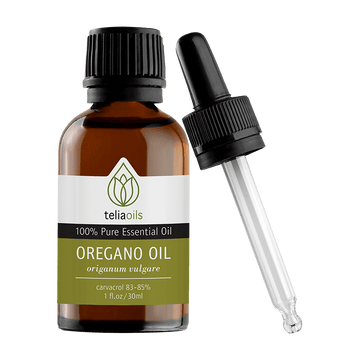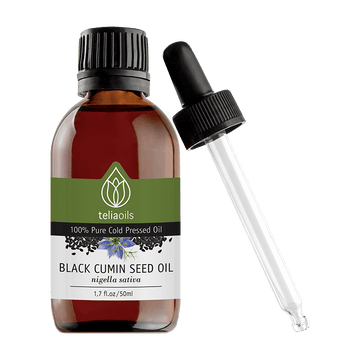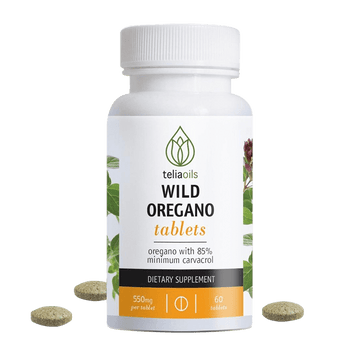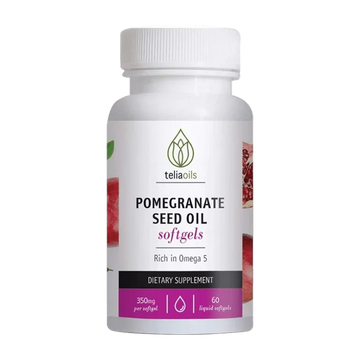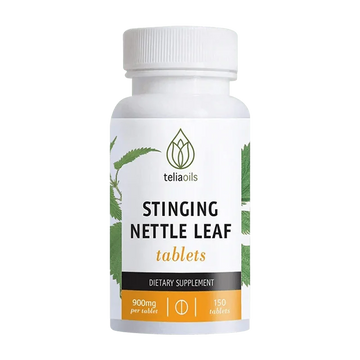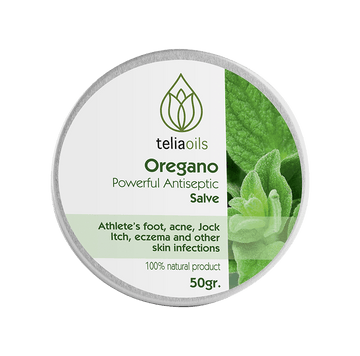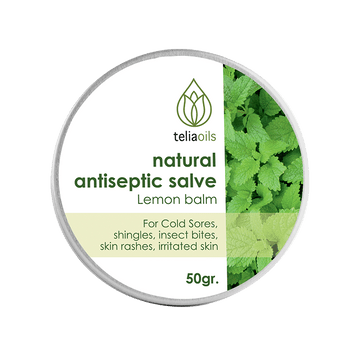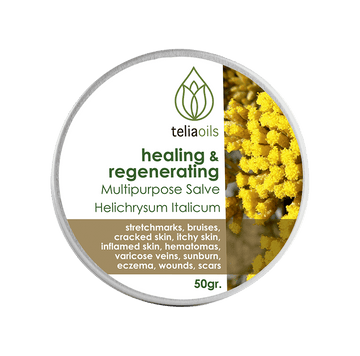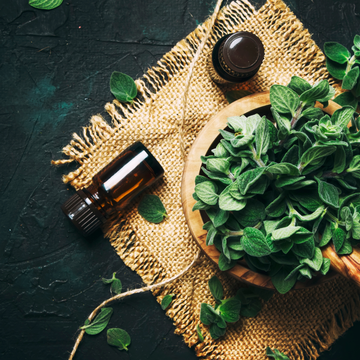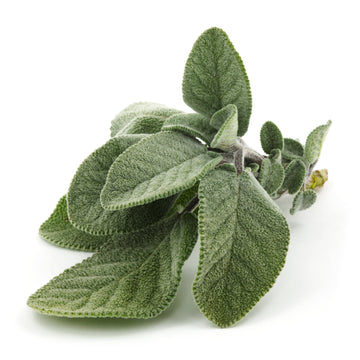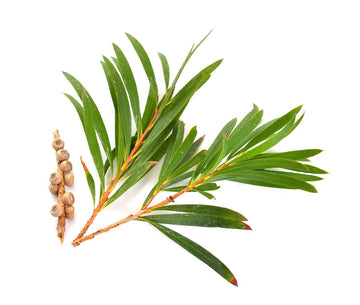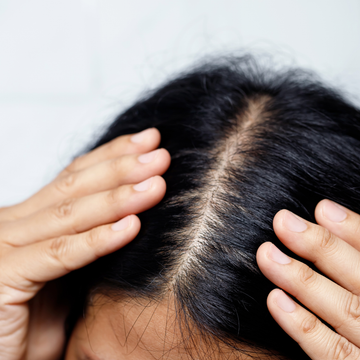
A healthy scalp is the foundation of strong, vibrant hair, but achieving the right balance of natural oils (sebum) can be challenging. Too much oil can leave hair greasy and heavy, while too little oil can cause dryness, flakiness, and irritation. Finding the right balance naturally is key to maintaining scalp health, hair growth, and overall hair vitality.
Understanding Scalp Oil Imbalance
Your scalp produces sebum, a natural oil that protects and nourishes the hair. However, various factors can disrupt this balance:
Overwashing – Frequent shampooing strips natural oils, causing the scalp to overproduce sebum.
Harsh Hair Products – Sulfates, parabens, and alcohol-based products can irritate and dry out the scalp.
Hormonal Changes – Fluctuations in hormones (puberty, pregnancy, menopause) can lead to excess or reduced oil production.
Poor Diet – A diet high in processed foods can increase scalp oiliness, while dehydration can lead to dryness.
Stress & Lifestyle – High stress levels may lead to overactive sebaceous glands.
Weather Conditions – Humidity can make the scalp oilier, while dry climates can cause flakiness.
How to Naturally Balance Scalp Oil Production
1. Use Tea Tree Oil to Regulate Sebum & Combat Greasiness
Tea tree oil is a natural antibacterial and antifungal oil that cleanses the scalp, reduces excess oil, and prevents dandruff. Its antiseptic properties help clear clogged pores, allowing hair follicles to breathe and regulate oil production naturally.
2. Hydrate & Soothe with Oat Oil
Oat oil is packed with antioxidants and fatty acids, making it ideal for dry, irritated, or sensitive scalps. It moisturizes without clogging pores, helping to balance oil levels by preventing both excessive dryness and greasiness.
3. Stimulate Circulation with Rosemary Oil
Rosemary oil is well-known for its ability to boost circulation and promote scalp health. By increasing blood flow, it stimulates hair follicles and regulates oil production, ensuring that the scalp doesn’t become too oily or too dry.
4. Control Sebum with Pumpkin Seed Oil
Pumpkin seed oil is rich in zinc and omega fatty acids, making it perfect for balancing an oily scalp while still providing essential nutrients to support healthy hair growth. It helps reduce inflammation and excess oil production while strengthening the scalp’s natural barrier.
5. Lock in Moisture with Argan Oil
Argan oil is lightweight yet deeply nourishing, making it an excellent moisturizer for dry or over-processed scalps. It hydrates without making the scalp greasy and regulates sebum levels, preventing both overproduction and excessive dryness.
Balancing scalp oil production naturally is all about hydration, nourishment, and the right oils. Whether you have an oily, dry, or combination scalp, incorporating tea tree, oat, rosemary, pumpkin, and argan oils into your routine can help restore balance, prevent irritation, and promote healthier hair.

